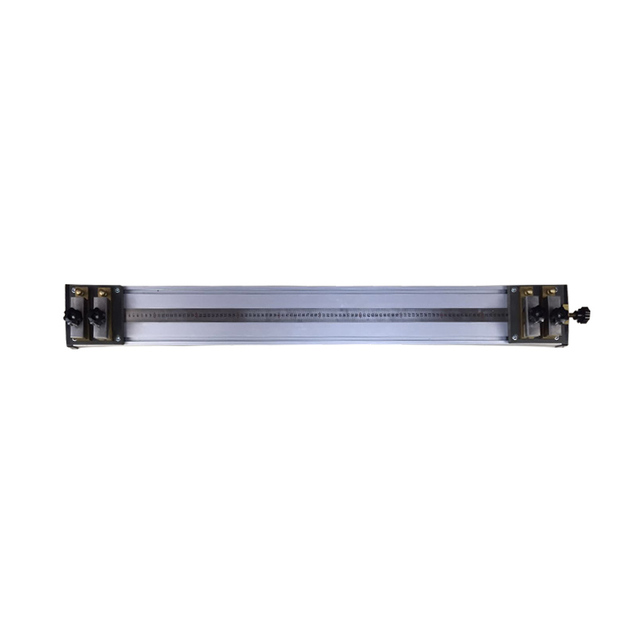Cable Flexibility Test Machine - Quality Testing Solutions for Your Cables
Cable Flexibility Test Machine Ensuring Quality and Durability
In the realm of electrical engineering and manufacturing, the demand for high-quality cables cannot be overstated. Cables are fundamental components in a wide array of applications, from residential wiring to complex industrial setups. As the industry evolves, so does the need for rigorous testing methods to ensure that these cables can withstand the rigors of everyday use. This is where the cable flexibility test machine comes into play.
A cable flexibility test machine is a specialized device designed to evaluate the flexibility and durability of various types of cables. This testing is crucial for understanding how a cable will perform when subjected to bending, twisting, or other forms of mechanical stress. The flexibility of a cable affects its installation, longevity, and reliability—factors that are particularly important in industries such as automotive, aerospace, and telecommunications.
The Importance of Flexibility Testing
Flexibility testing is essential because cables often need to navigate tight spaces and bend around corners in real-world applications. A cable that lacks sufficient flexibility may be prone to damage, leading to failures that can disrupt operations or cause safety hazards. By using a cable flexibility test machine, manufacturers can simulate these conditions in a controlled environment, allowing them to assess the performance of their products before they reach the market.
The process involves subjecting cables to various bending cycles, typically at different angles and under different loads. The test machine records performance metrics such as bending radius, number of cycles until failure, and any signs of damage. This data is invaluable for manufacturers, providing insights into how a cable will behave in real-world situations.
Technology Behind Cable Flexibility Test Machines
cable flexibility test machine company

Modern cable flexibility test machines incorporate advanced technology to streamline the testing process. Many models are equipped with computer programming, allowing for pre-set test cycles and automated data collection. This ensures that tests are consistent and repeatable, reducing the likelihood of human error.
Moreover, some machines offer customizable testing parameters, enabling manufacturers to mimic specific conditions their cables will face in the field. This level of precision helps in developing robust products that meet industry standards and customer expectations.
Industry Standards and Compliance
Compliance with industry standards is another critical aspect of cable testing. Various organizations, such as the International Electrotechnical Commission (IEC) and Underwriters Laboratories (UL), have established guidelines that cables must adhere to in order to be considered safe and reliable. A cable flexibility test machine can help manufacturers document compliance with these standards, essential for gaining certification and ensuring marketability.
Conclusion
In summary, a cable flexibility test machine is an indispensable tool for manufacturers aiming to produce reliable and durable cable products. By investing in such testing equipment, companies can guarantee that their cables will perform effectively in real-world applications, thus protecting their reputation and ensuring customer satisfaction. As technology continues to advance, the importance of effective testing methods will only grow, making cable flexibility test machines a critical component of modern cable manufacturing.
-
Why the Conductor Resistance Constant Temperature Measurement Machine Redefines Precision
NewsJun.20,2025
-
Reliable Testing Starts Here: Why the High Insulation Resistance Measuring Instrument Is a Must-Have
NewsJun.20,2025
-
Flexible Cable Flexing Test Equipment: The Precision Standard for Cable Durability and Performance Testing
NewsJun.20,2025
-
Digital Measurement Projector: Precision Visualization for Modern Manufacturing
NewsJun.20,2025
-
Computer Control Electronic Tensile Tester: Precision and Power for the Modern Metal Industry
NewsJun.20,2025
-
Cable Spark Tester: Your Ultimate Insulation Assurance for Wire and Cable Testing
NewsJun.20,2025
 Copyright © 2025 Hebei Fangyuan Instrument & Equipment Co.,Ltd. All Rights Reserved. Sitemap | Privacy Policy
Copyright © 2025 Hebei Fangyuan Instrument & Equipment Co.,Ltd. All Rights Reserved. Sitemap | Privacy Policy
